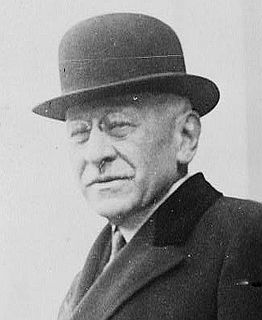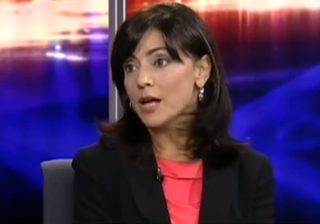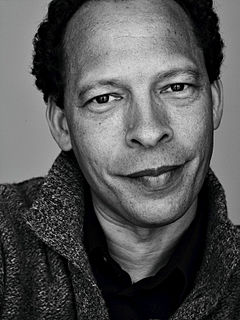A Quote by B. C. Forbes
After visiting several of America's most fashionable playgrounds, I have reached the conclusion that men who work hard enjoy life most. The men at such places can be divided into two classes, first, busy men of affairs ... and, second, rich loafers. I was impressed by the obvious enjoyment corporation heads and other important executives were deriving from their vacation activities.... The idle rich fellows, on the other hand, although indulging in exactly the same activities, palpably were bored.
Quote Topics
Activities
Affairs
After
Although
America
Bored
Busy
Classes
Conclusion
Corporation
Divided
Enjoy
Enjoy Life
Enjoyment
Exactly
Exactly The Same
Executives
Fashionable
Fellows
First
Hand
Hard
Heads
Idle
Important
Impressed
Life
Loafers
Men
Most
Obvious
Other
Places
Playgrounds
Reached
Rich
Same
Second
Several
Two
Vacation
Visiting
Were
Work
Work Hard
Related Quotes
Among the idle rich, boredom is one of the most common causes of unhappiness. People who have difficulty in earning their living may suffer greatly, but they are not bored. Wealthy men and women become bored when they depend upon the theater for their enjoyment instead of making their own lives interesting.
It is certain that the greatest poets, orators, statesmen, and historians, men of the most brilliant and imposing talents, have labored as hard, if not harder, than day laborers; and that the most obvious reason why they have been superior to other men is that they have taken more pains than other men.
As people get their opinions so largely from the newspapers they read, the corruption of the schools would not matter so much if the Press were free. But the Press is not free. As it costs at least a quarter of a million of money to establish a daily newspaper in London, the newspapers are owned by rich men. And they depend on the advertisements of other rich men. Editors and journalists who express opinions in print that are opposed to the interests of the rich are dismissed and replaced by subservient ones.
Men ruled the roost and women played a subservient role [in the 1960s]. Working wives were a rarity, because their place was in the home, bringing up the kids. The women who did work were treated as second-class citizens because it was a male-dominated society. That was a fact of life then. But it wouldn't be tolerated today, and that's quite right in my book... people look back on those days through a thick veil of nostalgia, but life was hard if you were anything other than a rich, powerful, white male.
If, in looking at the lives of princes, courtiers, men of rank and fashion, we must perforce depict them as idle, profligate, and criminal, we must make allowances for the rich men's failings, and recollect that we, too, were very likely indolent and voluptuous, had we no motive for work, a mortal's natural taste for pleasure, and the daily temptation of a large income. What could a great peer, with a great castle and park, and a great fortune, do but be splendid and idle?
Faith always presented to the mind the idea of an abnormal intellectual condition, of the subversion or suspension of the critical faculties. It sometimes comprised more than this, but it always included this. It was the opposite of doubt and of the spirit of doubt. What irreverent men called credulity, reverent men called faith; and although one word was more respectful than the other, yet the two words were with most men strictly synonymous.
I've always resented the smug statements of politicians, media commentators, corporate executives who talked of how, in America, if you worked hard you would become rich. The meaning of that was if you were poor it was because you hadn't worked hard enough. I knew this was a lite, about my father and millions of others, men and women who worked harder than anyone, harder than financiers and politicians, harder than anybody if you accept that when you work at an unpleasant job that makes it very hard work indeed.
I suppose the most important thing, the heaviest single factor in one's life, is whether one's born male or female. In most societies it determines one's expectations, activities, outlook, ethics, manners - almost everything. Vocabulary. Semiotic usages. Clothing. Even food. Women... women tend to eat less... It's extremely hard to separate the innate differences from the learned ones. Even where women participate equally with men in the society, they still after all do all the childbearing, and so most of the child-rearing.

































